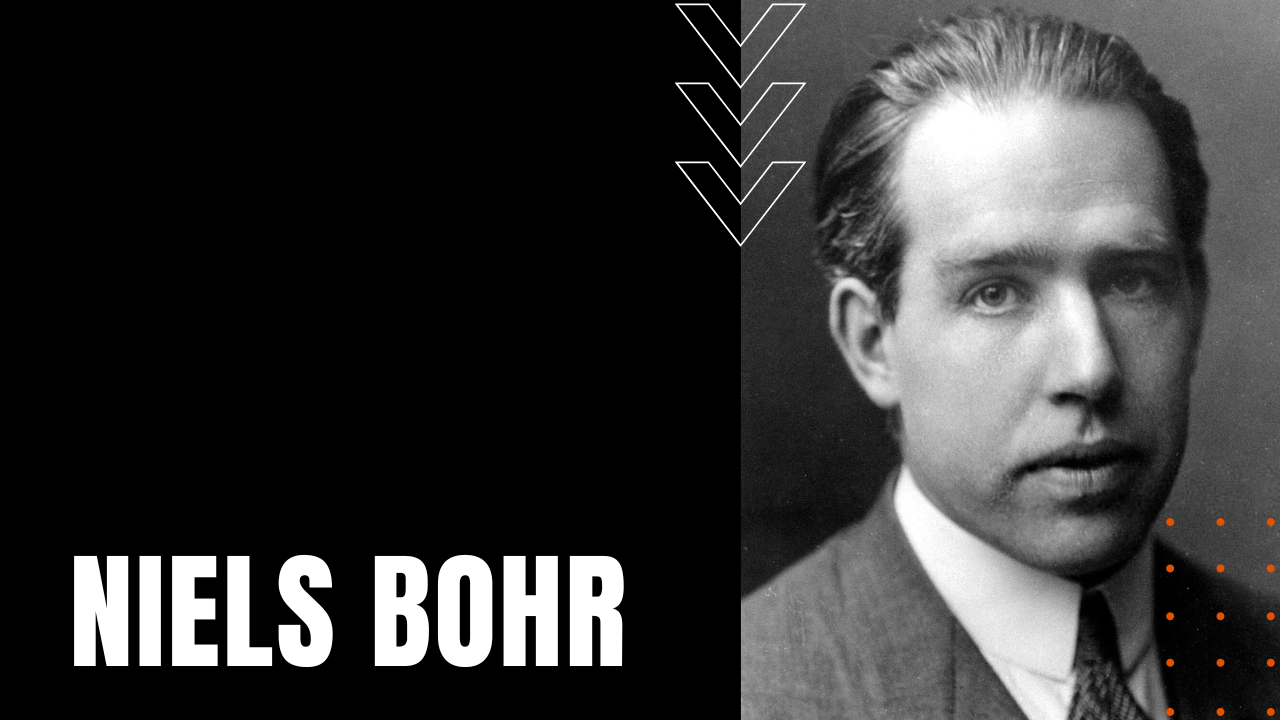Niels Bohr

Born in 1885 Copenhagen Denmark, into a Jewish banking family, Niels Bohr received both a Masters and a PhD in physics from Copenhagen University. His early work on atomic structure and quantum theory led to his Bohr Model of the atom, where he theorized in a series of articles that atoms gave off electromagnetic radiation as a result of electrons jumping to different orbit levels, which proved to be the foundational basis for future atomic research.
Founds Theoretical Physics Dept.
Founding Copenhagen University’s Institute of Theoretical Physics in 1920, two years later, Bohr received the Nobel Prize in Physics for his groundbreaking work on atomic structures. As more theories developed over time, Bohr first presented his concept of complementarity at an Italian physics conference in 1927, asserting that physical properties of an atomic level could be viewed differently depending on experimental parameters, which in turn explained why light could be seen as both a particle and a wave, although never at the same time.
A Bromance is Born
Albert Einstein, on the other hand, never agreed fully with Bohr’s assertions, however, their talks on atomic theory became the stuff of legend in scientific circles. After Adolf Hitler came to power in 1933 Germany, the Nazi’s antisemitic persecution forced Bohr and his family to move to Sweden, while Bohr and his son Aage reached the United States, where in the late 1930s, Bohr added his liquid droplet theory to his ever-expanding body of work, which proposed that a drop of liquid accurately represents an atomic nucleus.
Joins Princeton Faculty
Landing a professorship at Princeton University, Bohr worked on the Manhattan Project in Los Alamos New Mexico, where he contributed to the first atomic bomb detonation at the Alamogordo Bombing Range. After two nuclear detonations over Hiroshima and Nagasaki ended the Second World War, in the mid-1950s, Bohr headed the Atoms for Peace Conference, receiving the Atoms for Peace Award for his foundational theories and his calls to use atomic energy responsibly. He passed away after a stroke on November 18th, 1962, while his son Aage would go on to share the 1975 Nobel Prize in Physics with two other scientist, making the life and works of Niels Bohr, a pioneering voice on atomic structure and quantum theory.
